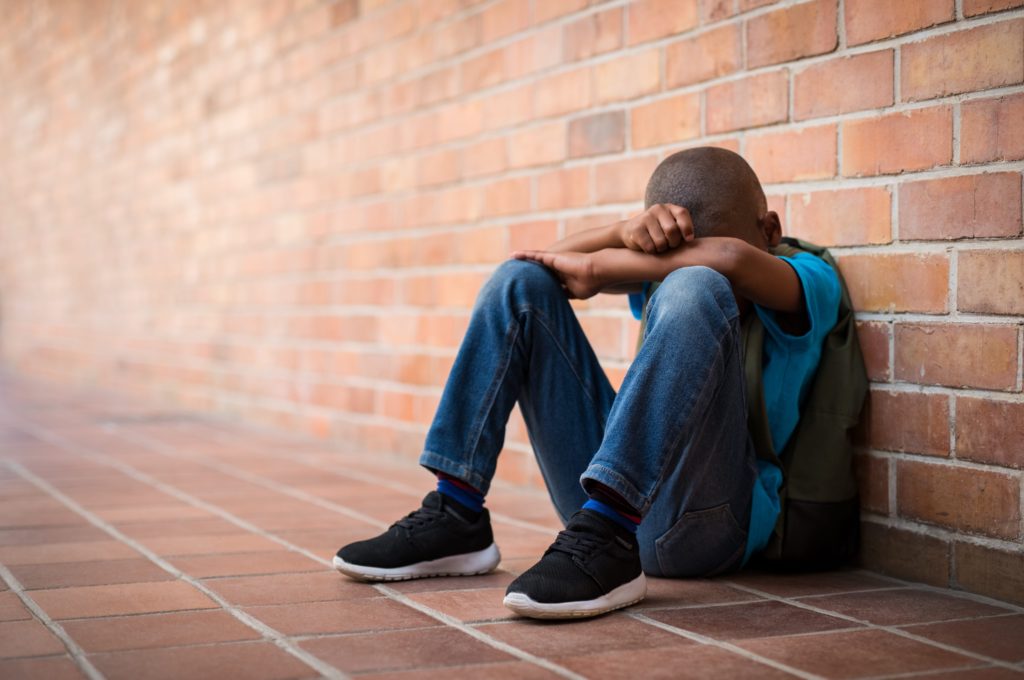Email Us: info@child-justice.org

Legal Director’s Corner: Davies Appeal Win!
Child Justice is pleased to announce that it has received a favorable appellate ruling in a pivotal case in which it was an amicus curiae (Friend of the Court).
Today the United States Court of Appeals for the Second Circuit issued its ruling upholding the order of the United States District Court for the Southern District of New York in Davies v. Davies.
At issue was whether the Mother of a five-year-old boy must repatriate the child and return him to his Father in French St. Martin. The Second Circuit upheld the trial court and denied the Father’s Petition for Repatriation.
The Davies family – Mother, Father, and son K.D. – lived in French St. Martin. The Father was found by the trial court to be very abusive towards the Mother, both physically and emotionally. We recommend that you read the opinion below in order to have better understanding of the abuse the court held that Mother and K.D. endured.
The trial court found that the Father would abuse the Mother in front of K.D. (which is highly relevant under the governing law). The Mother fled the country and came to the United States, where the Father sued the Mother in Federal Court in New York, seeking the return of K.D. under Hague Convention’s Treaty on the Civil Aspects of International Child Abduction (“Hague Convention”). Of great to concern to Child Justice was the fact that other courts had turned a blind eye to the obvious and sad fact that abuse to a parent can also presage harm to the child – both due to the emotional harm of watching his Mother get beaten and because it raises the likelihood that the child will be beaten. Child Justice is pleased that the Second Circuit recognized this pragmatic point.
The relevant exception precluding repatriation of the child would be those instances where repatriation put the child at “grave risk” of “physical or psychological harm or otherwise place [him] in an intolerable situation[.]” Although the fact that the Mother was abused does not it itself justify denying repatriation of the child, the court recognized that there are circumstances – and they exist on these facts – where abuse to a parent can directly harm the child and show a likelihood of further harm to that child.
The Mother’s trial team from the law firm of McLaughlin & Stern did an amazing job in a nine-day trial, and the lower court found that Father’s abusive actions towards the Mother would cause K.D. the requisite “grave risk” of “psychological harm.”
Child Justice became involved during the appellate process because we were aware of other cases where abusive parents were granted repatriation despite a substantial history of abuse. Child Justice wanted to help ensure that the Second Circuit understood the issues at stake and that the trial court had ruled correctly.
With that goal in mind, Child Justice collaborated with several other amici and the law firms of Skadden, Arps, Slate, Meagher & Flom LLP, Cleary Gottlieb Steen & Hamilton LLP, and Proskauer Rose LLP, and filed three separate amicus curiae briefs with the Second Circuit, urging it to uphold the trial court.
Today the Second Circuit did just that and issued the attached order, noting that under the “grave-risk-of-harm exception to repatriation, ‘[t]he potential harm to the child must be severe, and the level of risk and danger required to trigger this exception has consistently been held to be very high.’” And that, “‘[t]his grave risk exception is to be interpreted narrowly[.]’” Nonetheless, after reciting the acts of abuse the Father was found to have committed, the Second Circuit upheld the trial court’s finding that “that K.D. was subjected to severe and persistent psychological abuse by Mr. Davies, and [] that this abuse would continue if K.D. returned to French St. Martin.”
Child Justice is quite pleased with this outcome and wishes to thank Lea Haber Kuck, Emma S. Gardner, Christina A. Pryor, and Eva Y. Chan of the law firm of Skadden, Arps, Slate, Meagher & Flom LLP for their outstanding work on the amicus curiae brief they drafted and filed on its behalf.


